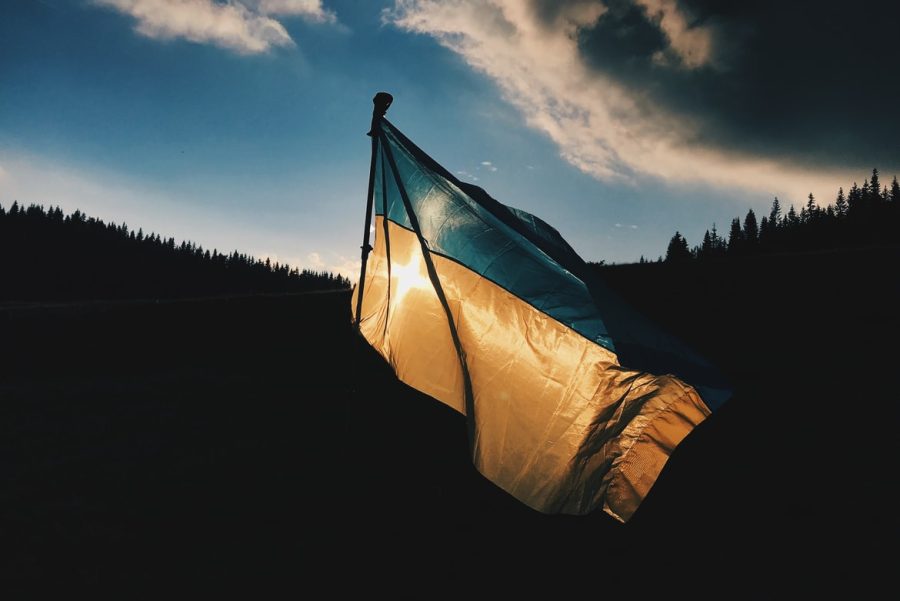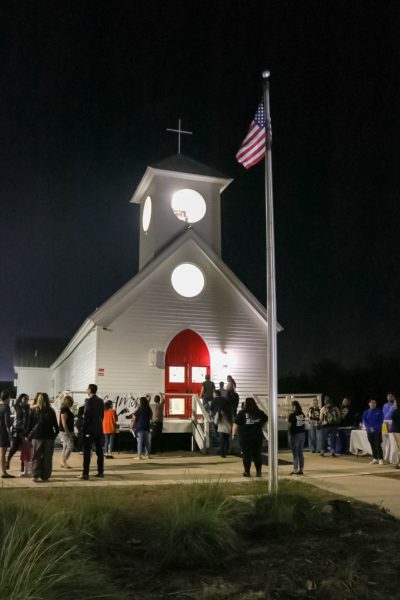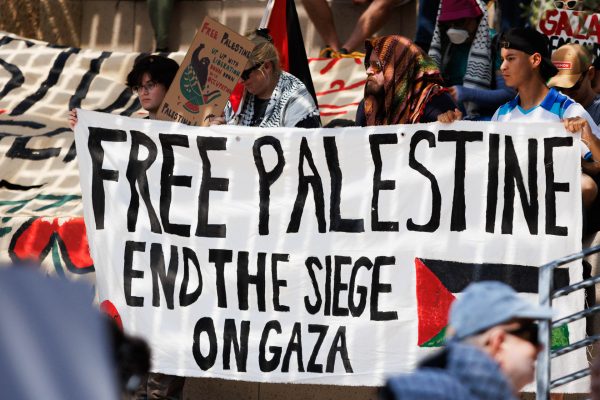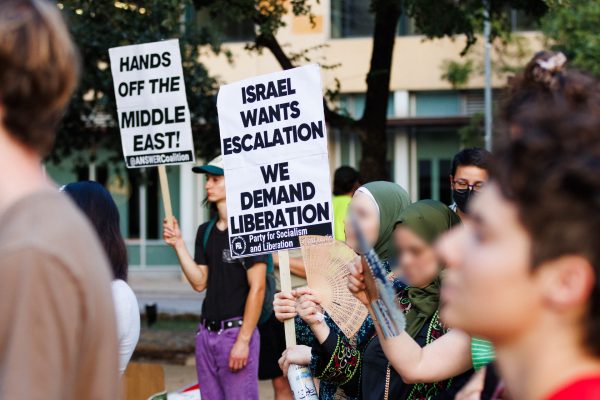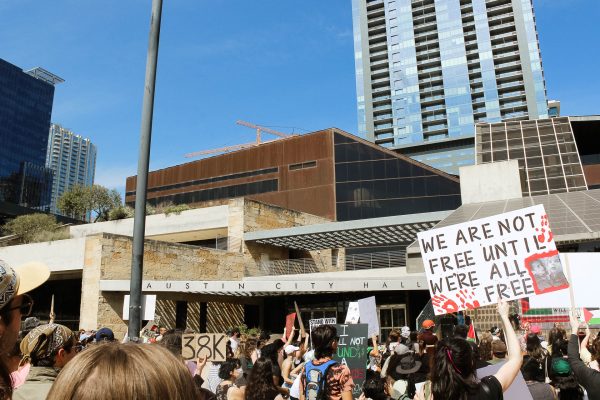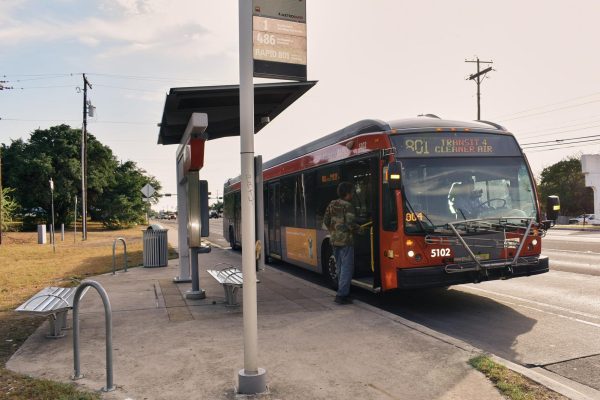Russia’s invasion of Ukraine, what it means for us
Near the end of February, Russia began its invasion of Ukraine, claiming it to be an act of defense. Citizens of Ukraine are actively evacuating the country in attempts to flee areas that are under shelling attacks.
On Feb. 24, Russia shook the world by beginning a full-scale invasion of Ukraine. Russian President Vladimir Putin justified the invasion as an act of self-defense and claimed that Ukraine needed to be demilitarized. Russia has since begun shelling military infrastructure as well as civilian centers. Hundreds of civilians and thousands of soldiers can be counted amidst the casualties.
There are many sources debating Putin’s true reasons behind the invasion of Ukraine. William Nichols, political science professor and chair of the department of global studies and political science at St. Edward’s, believes there are a number of factors at play.
“(There is) a desire, based on traditional Russian nationalism, to reconstitute something like old imperial Russia of the czars,” Nichols said. “Underlying this is the sentiment that Ukraine is, in fact, and always has been, part of Russia.”
Evidence of this sentiment can be seen in Russia’s annexation of Crimea back in 2014. With Ukraine becoming more and more western-aligned, Russia has decided to use military force to avoid being encircled by members of NATO. Weakening NATO is another of Russia’s potential goals.
“I believe (Putin) anticipated that the Russian invasion of Ukraine would divide the member states of NATO over how to respond and ultimately hasten the dissolution of NATO,” Nichols said. “In this area he seems to have miscalculated with the members of NATO being more united than ever.”
The invasion has prompted Sweden and Finland to reconsider joining NATO. In addition, Russia has been hit by significant economic sanctions from several western nations, including the U.S., the E.U. and Canada. Putin has equated these sanctions to declaring war, but it remains to be seen what the political consequences will be.
“It is possible that these sanctions will translate into pressure for political change,” Nichols said. “That said, I do not anticipate that Putin will relinquish power.”
The sanctions have impacted the global economy. The price of oil and gas has spiked, and Russia has blocked its airspace to 36 different countries, putting pressure on already fragile supply chains. Around Austin, gas is climbing as high as $4.00 per gallon, and could potentially reach $4.50 per gallon.
For those of us at St. Edward’s, the economic consequences will be our only real issues. The university has no study abroad programs within Russia or Ukraine, and the students who are currently studying in Europe are based in the central and Mediterranean regions. Should the conflict spread to other areas in Europe, SEU has emergency response plans in place to keep students safe.
“Expansion to other European countries would likely bring NATO into the fight. Given the unity of NATO in response to the Russian invasion, I would have a hard time believing Putin is foolish enough to take (them) on,” Nichols said. “It is a fight he cannot win.”


